At 36 weeks gestation, mothers are entering the last important month of their pregnancy journey. Understanding these indicators and receiving guidance from healthcare professionals helps reduce anxiety during this critical time.
Is the Mother Approaching Labor?
36 weeks pregnant, is the mother about to give birth?
The important index of the fetus at 37 weeks and answers the concerns of the pregnant mother
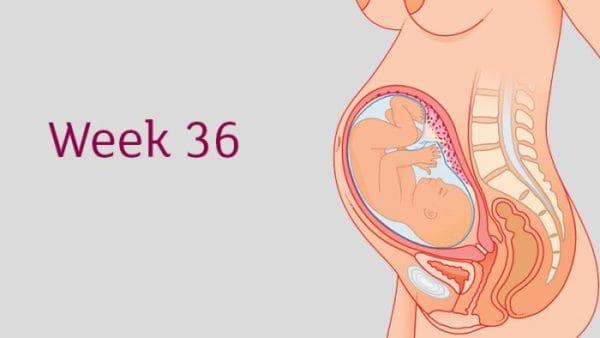
Fetal Growth and Development at 36 Weeks
At this stage, a baby measures approximately 47-48 cm in length and weighs around 2.6-2.9 kg, resembling a large melon inside the mother's abdomen.
Key Indicators to Monitor
To ensure healthy fetal development, mothers should track these six key indicators:
| Indicator |
Normal Range |
Average |
| Bipolar Diameter (BPD) |
83-95 mm |
89 mm |
| Femur Length (FL) |
64-76 mm |
68 mm |
| Waist Circumference (AC) |
285-358 mm |
322 mm |
| Head Circumference (HC) |
309-347 mm |
328 mm |
| Estimated Weight (EFW) |
2335-3291 g |
2813 g |
Monitoring Amniotic Fluid Levels
At 36 weeks, the expected volume of amniotic fluid is over 800 ml. A normal range is between 6-18 cm. Levels below 5 cm or above 25 cm may indicate complications, requiring close monitoring.
Nutrition for Optimal Fetal Growth
Mothers are encouraged to enhance their diets to ensure babies gain appropriate weight:
- Sweet potatoes: Steamed or baked daily.
- Fresh milk: Consume during meals.
- Orange juice: One cup each day.
- Sugar cane juice: 2-3 cups weekly.
- Boiled chicken eggs: One per day.
- Coconut water: One cup daily.
- Green bean carp porridge: Twice weekly.
- Seafood and fish: 2-3 meals weekly.
- Dark leafy greens: Include in daily meals for vitamins and minerals.
Understanding Fetal Movements
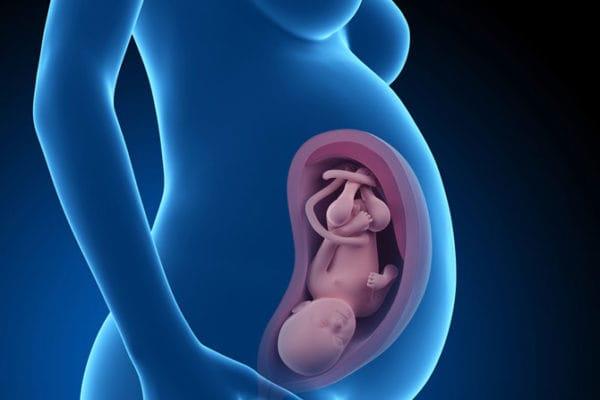
Increased fetal activity, including noticeable kicks, is normal and signifies a healthy response to stimuli. However, a decrease in movement should prompt mothers to monitor closely and consult healthcare professionals if concerned.
Contractions and What to Expect
Brace yourself for more frequent practice contractions as the body prepares for delivery. These contractions may last between 30 seconds and 2 minutes without causing discomfort. Seek medical advice if contractions become persistent or painful.
Sexual Activity During Late Pregnancy

Healthy mothers can continue sexual activity with precautions. Opt for comfortable positions and consider any medical history that may necessitate avoiding intercourse.




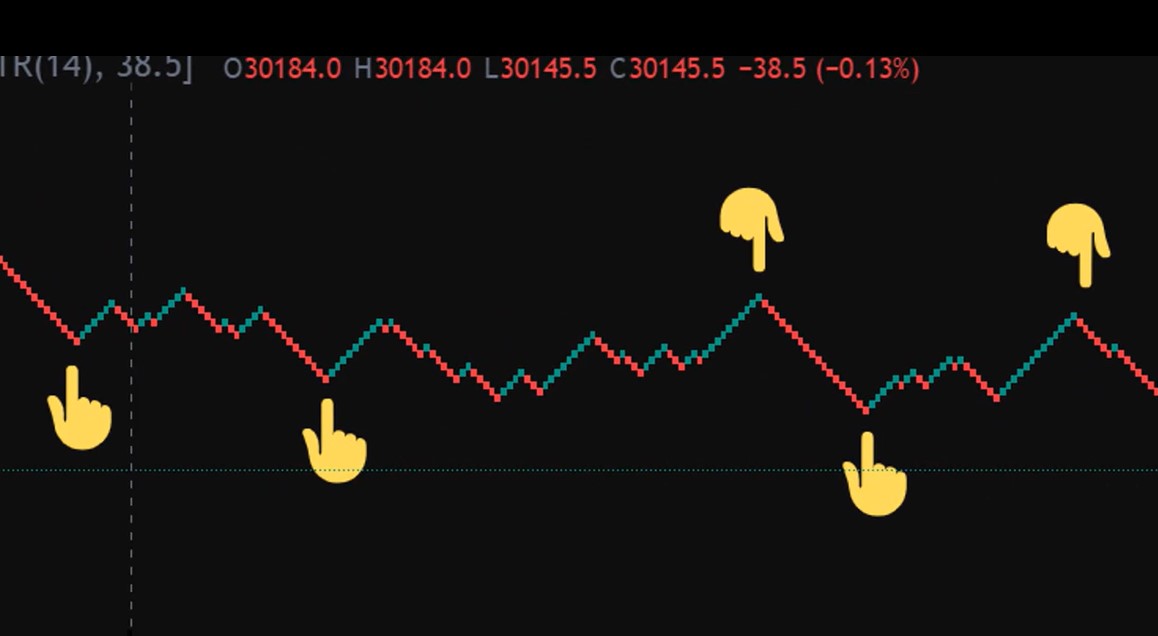
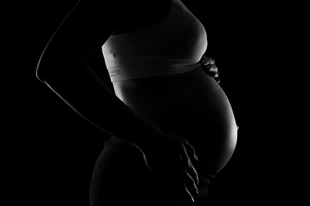


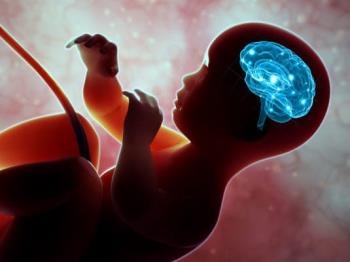
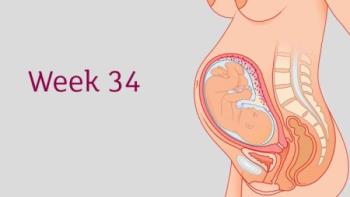

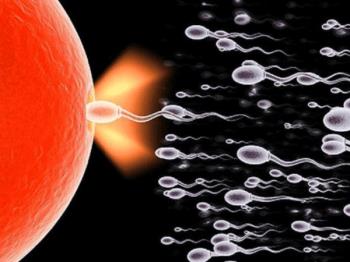


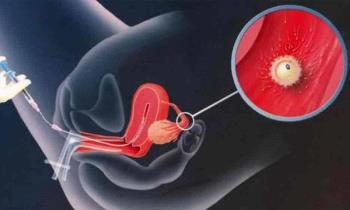
Theo Adams -
Has anyone tried any natural pain relief methods for pregnancy discomfort? I’m curious to learn!
Sara White -
The section on baby kicks was so interesting! I love feeling my baby move, but it can be intense!
Mia White -
I’m 36 weeks as well! Who else is on the verge of welcoming their little one?
Johnny Gray -
This article made me smile! I can’t wait to meet my little one and experience all of this first-hand.
Zoe Nguyên -
Feeling grateful for resources like this during pregnancy! It truly helps ease those worries we all have.
Amy Clark -
Does anyone have tips on how to deal with sleep issues during this time? I can hardly get a good night’s sleep.
Huyền Lizzie -
Can anyone explain how to manage the discomfort at this stage? The baby feels so heavy already!
Duy Sinh 6789 -
Thanks for covering so many common questions! I feel less anxious about my baby’s health now.
Jason Lee -
I was really worried about the baby’s position at this stage, but this article has eased my mind. Thanks a lot!
Brian Kim -
I can’t believe I’m almost at the finish line! 36 weeks feels so surreal. Thank you for your guidance!
Linda Johnson -
Great read! It’s important to keep ourselves informed as pregnant mothers. Knowledge is power!
Hannah Parks -
I find it fascinating how much information is available nowadays. This article has been so helpful!
Phúc IT -
I appreciate how you included answers to FAQs. It really helps pregnant moms like us feel more at ease!
Isabella King -
I love how you included the importance of emotional health during pregnancy! So crucial!
Quang vn -
Does anyone else have weird cravings around this time? I guess it’s pretty normal, but I wasn’t expecting it!
Nina Blue -
What a wonderful resource! This makes me feel much less anxious about my upcoming labor. Thank you!
Mèo con -
I shared this article with my friends who are also expecting. It's just that good!
Emily Smith -
This article was very informative! I had a lot of questions about the 36 weeks fetus development and I feel much better now. Thank you for sharing!
Timothy Clark -
Can I just say how excited I am to welcome my first child? This all seems surreal yet thrilling!
Ella Adams -
Is there a need for concern if the baby is moving less than usual? Any advice on this?
Hương Đà Nẵng -
This post made me realize how far I’ve come in my pregnancy journey. Excited to meet my baby soon!
Sam Brown -
I didn’t realize how much fetal development takes place in these last few weeks. I feel a mixture of excitement and anxiety!
Jack Ryan -
I always worry about my baby’s growth at this stage, so this article was a great resource! Appreciate the detailed explanations.
Sophie Green -
Is it true that I should start packing my hospital bag around this time? Just want to be prepared!
Anne Wilson -
This is a great reminder of how important our diet is during pregnancy. I’m definitely going to pay more attention to what I eat.
Kiến Thức -
I wish more articles like this one were available! It’s so helpful for new moms. Great job!
Duy 786 -
Such a well-written article! I feel a bit better prepared for what’s to come!
Jordan Taylor -
This post really helped clarify a lot of things for me. Thanks for making it easy to understand!
Phúc KT -
The advice about prenatal vitamins was exactly what I needed to hear. I’ll definitely be more diligent!
Katherine Roberts -
Very informative article! Does anyone have experience with preparing for labor? I would love to hear your stories.
Bảo Ngọc -
I can relate to all the changes that happen in the last stages of pregnancy. It can be overwhelming but so exciting!
Linh mèo -
I absolutely loved the section about baby movements! Mine is always kicking, and now I know why!
Thùy Linh -
Wow, so many insights about fetal development! It’s amazing to learn how much they grow in just one week.